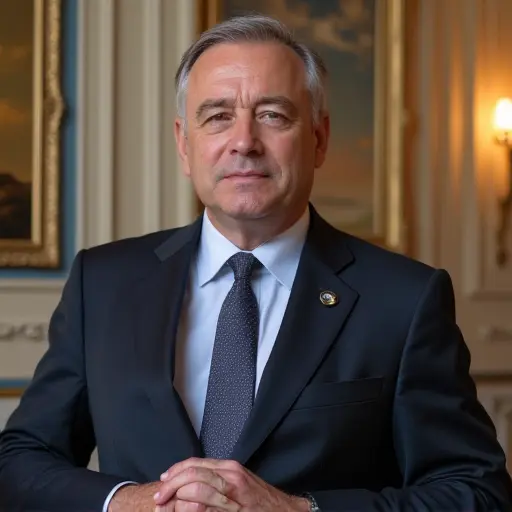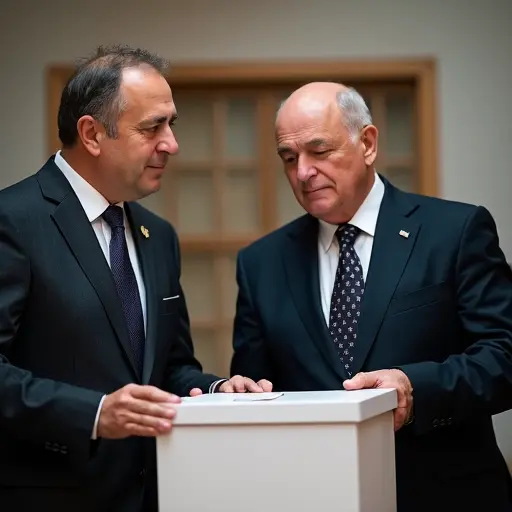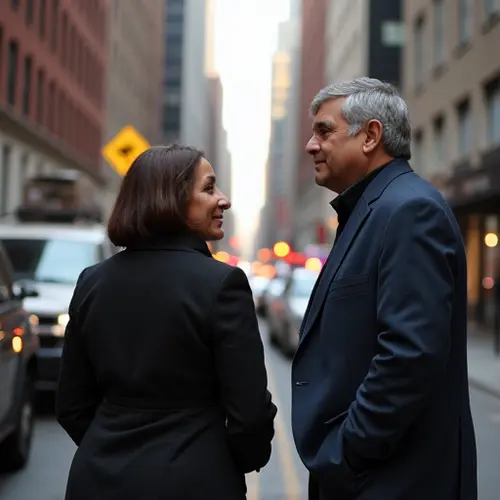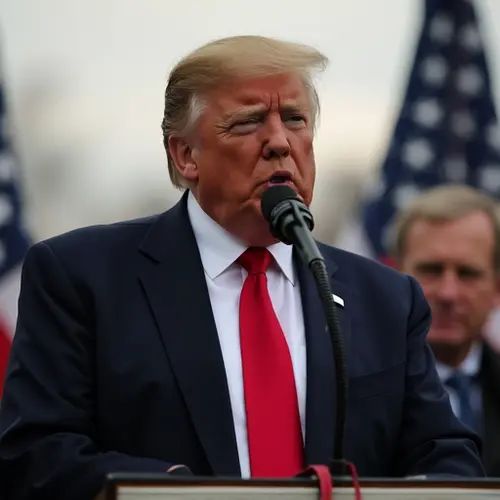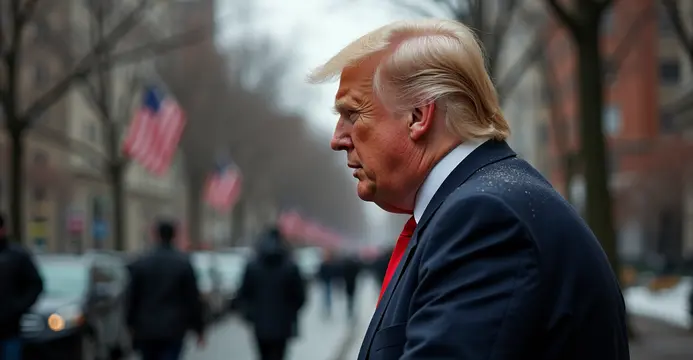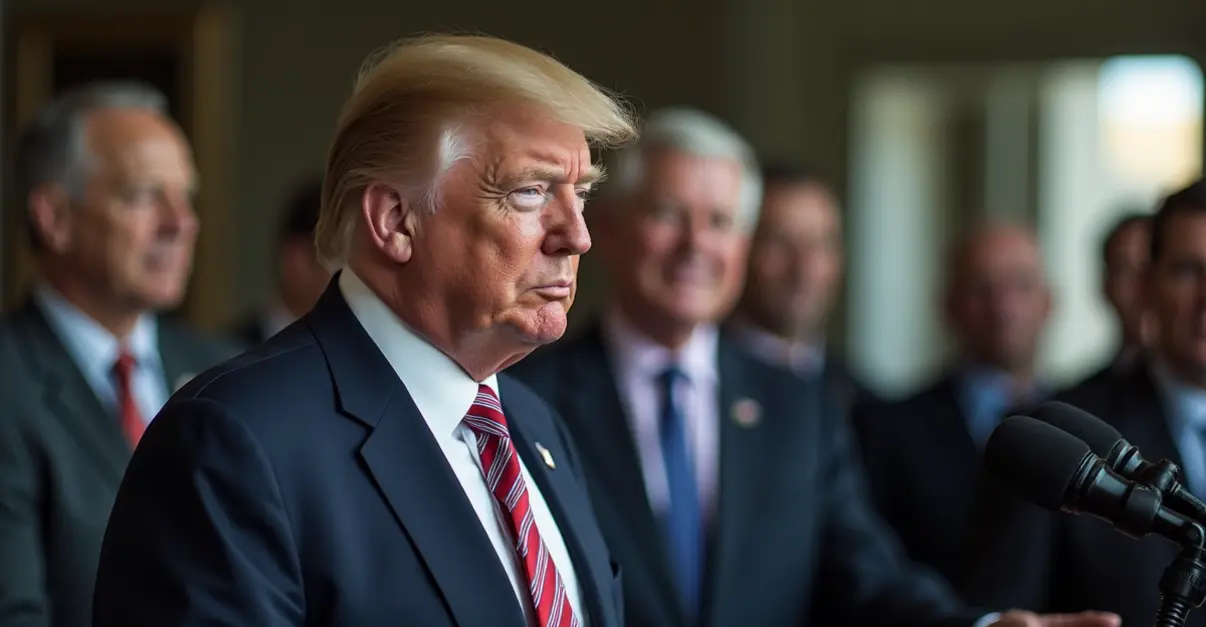
Security Removal Amid Political Tensions
President Donald Trump has officially withdrawn Secret Service protection from former Vice President Kamala Harris, according to White House confirmation. This decision comes as Harris prepares to embark on an international book tour promoting her political memoir about the 2024 presidential campaign.
Extended Protection Cut Short
Former vice presidents typically receive six months of Secret Service protection after leaving office. However, President Joe Biden extended Harris's protection to 18 months before departing the White House, a decision made at Harris's request due to security concerns.
Security Threats and Political Context
Harris has faced significant security threats throughout her political career. In August 2024, authorities arrested a man who had made online death threats against Harris and confiscated weapons during his arrest. Security experts have expressed concern about the timing of this decision, citing increased political polarization in the United States and the attempted assassination of Trump during the 2024 campaign.
International Book Tour Implications
The protection withdrawal coincides with Harris's planned promotional tour for her upcoming book, which will include visits to Canada and the United Kingdom. The memoir details her experiences during the 2024 presidential election, which she lost to Trump.
Pattern of Security Changes
This move follows Trump's previous decisions to withdraw government protection from other former officials, including his former national security advisor John Bolton and the adult children of President Biden. The Secret Service, established in 1865, has protected U.S. presidents and major candidates since 1901 following President William McKinley's assassination.
Future Political Implications
Harris remains a potential candidate for the 2028 presidential election, making her security situation particularly significant. The decision raises questions about the balance between political considerations and legitimate security needs for former high-ranking officials.

 Nederlands
Nederlands English
English Français
Français Deutsch
Deutsch Español
Español Português
Português



